Foot Care Services
At Your Service Foot Care offers a range of comprehensive foot care services to help you maintain healthy, pain-free feet from the comfort of your own home.
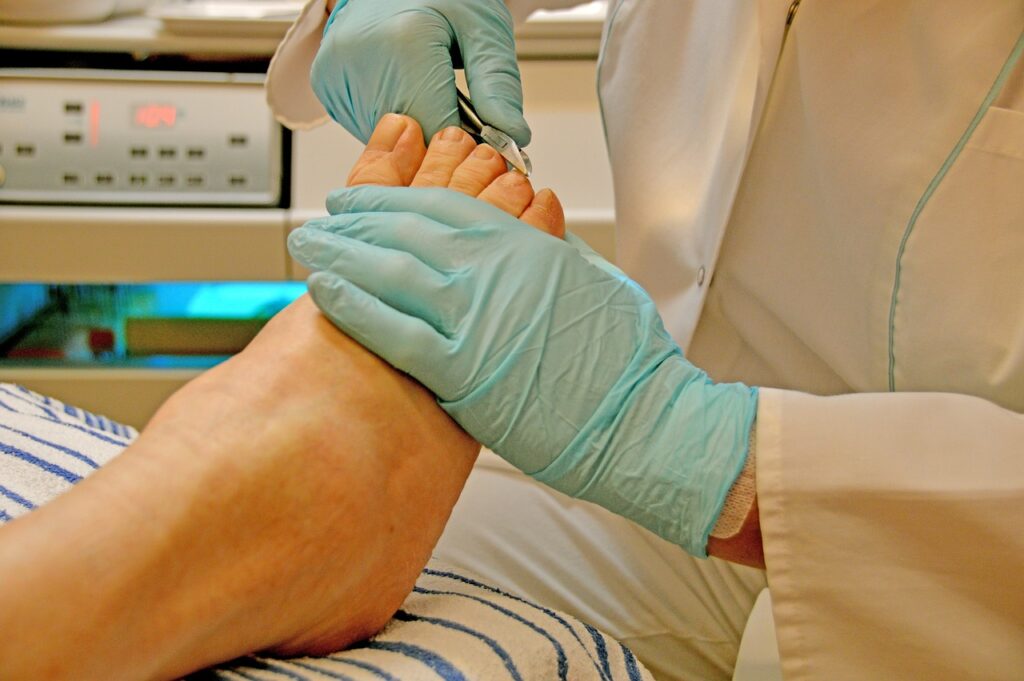
Routine Foot Care
As we age, our nails may become difficult to cut, or our mobility may not allow us to reach our feet as easily. We provide routine nail care and callus debridement to ensure proper foot health. Long nails and callus formation increase the risk of fungus, bacteria, and other foot complications.
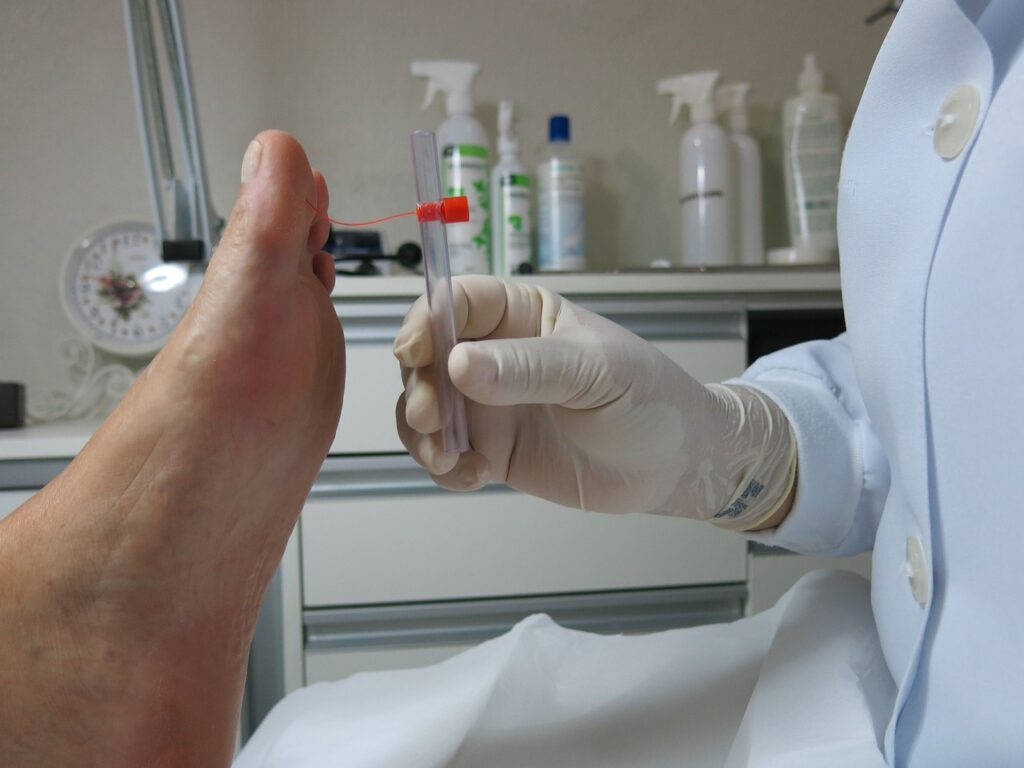
Diabetic Foot Assessments
Diabetes poses a heightened risk for various foot complications, including ulcers, infections, and neuropathy. Seeking regular check-ups with a foot specialist every three months is crucial to ensuring proper foot health. These routine examinations not only aid in the early detection of potential issues but also enable proactive measures to be taken, minimizing the risk of complications associated with diabetes. Comprehensive foot care, under the guidance of a specialist, becomes an integral aspect of managing diabetes and maintaining overall well-being.
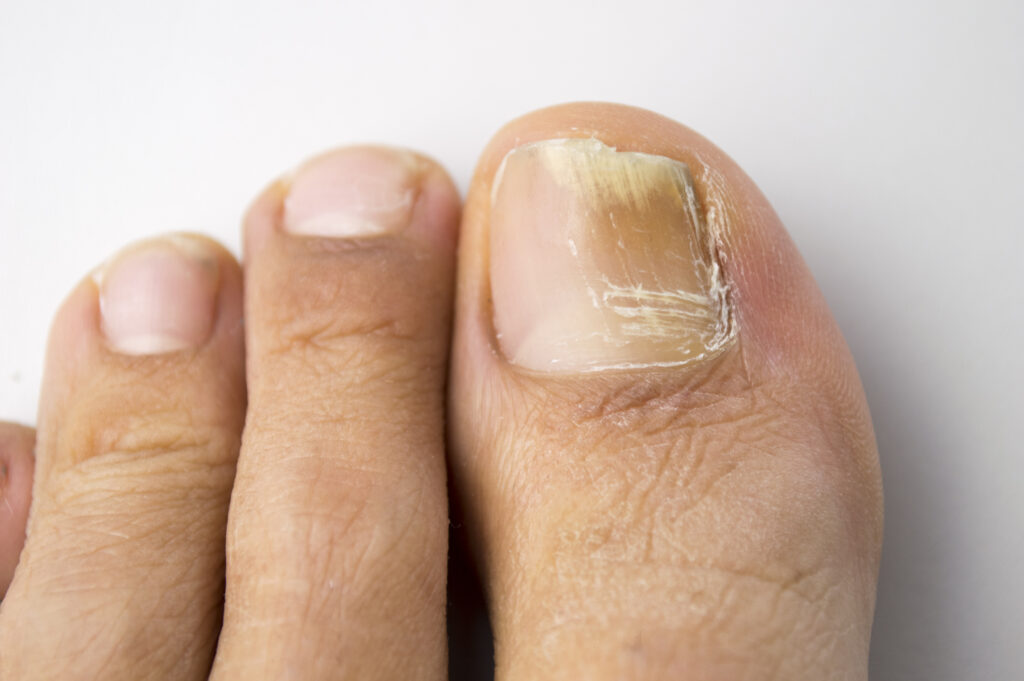
Fungal Toenails
Nail fungus is a common condition, typically affecting the big toes. It starts with a yellow discoloration of the nail and can spread to other toes if left untreated. Eventually, the fungus causes the nail to thicken and can permanently damage the nail bed. Seek treatment before the condition progresses to ensure the best possible outcome.
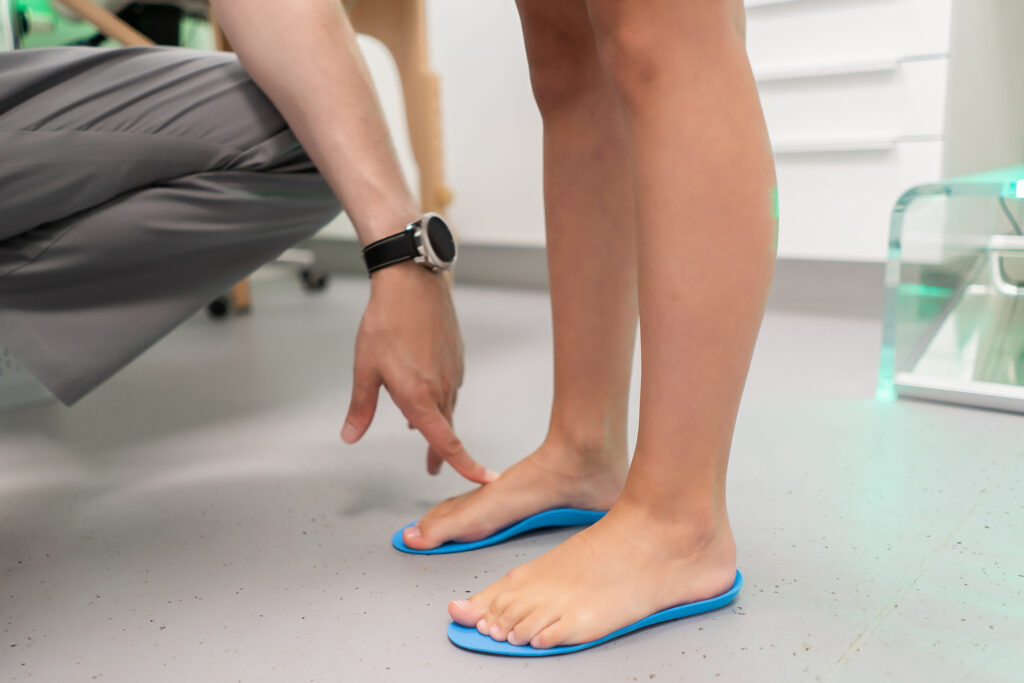
Custom Orthotics
We provide thorough biomechanical assessments and gait analyses to determine whether prescribed orthotics are necessary for your feet. Orthotics, also known as custom insoles, are used to treat a variety of foot conditions, including plantar fasciitis, bunions, flat feet, high arches, in-toeing, out-toeing, and more.
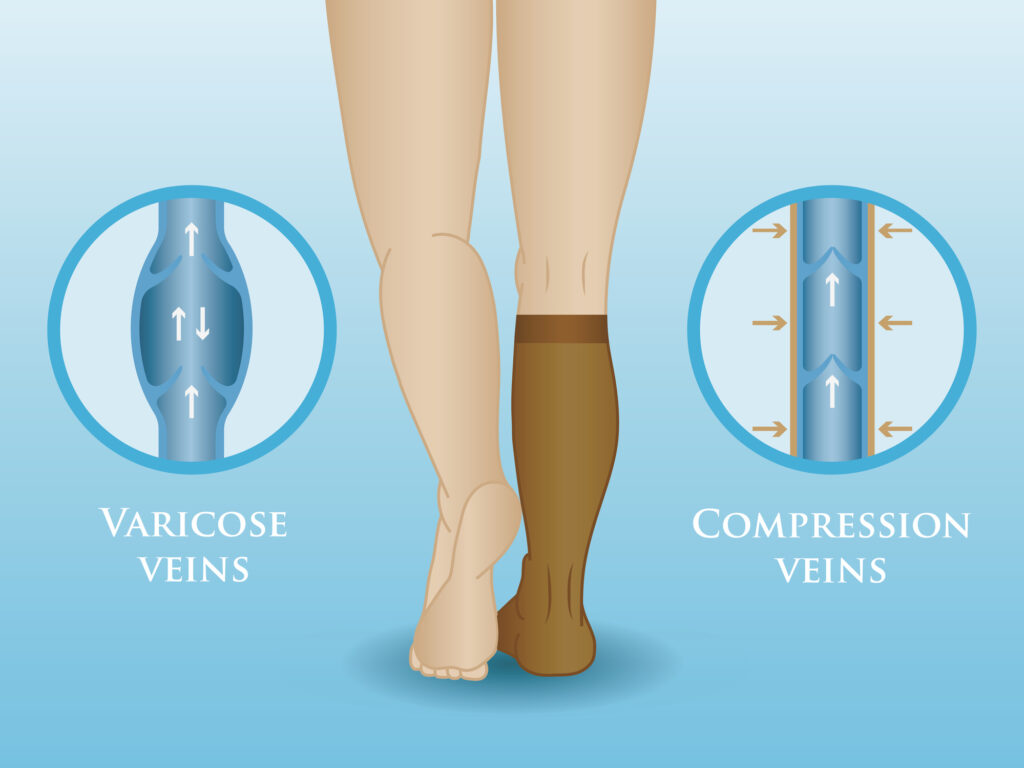
Compression Stockings
Compression socks or stockings are utilized for a variety of reasons, including addressing swelling in the legs, managing varicose veins and spider veins, alleviating feelings of heaviness, preventing blood clots, and promoting blood flow back to the heart. They also serve as a preventive measure during travel to mitigate the risk of blood clots, aid in the prevention of varicose veins and swelling for individuals who spend extended periods on their feet or sit for prolonged periods, and are recommended during pregnancy to reduce leg and ankle swelling.

Plantar Fasciitis
Plantar fasciitis stands out as one of the most prevalent foot conditions, leading to discomfort in both the heel and the arch. This condition involves the inflammation of a thick band of tissue situated at the bottom of the foot, known as the plantar fascia. Manifesting as a stabbing pain, particularly prominent with the initial steps taken in the morning, plantar fasciitis can significantly impact daily activities. Seeking timely attention and appropriate care is essential in addressing this common foot ailment, with treatment options ranging from orthotics and physical therapy to lifestyle modifications aimed at reducing strain on the affected area.
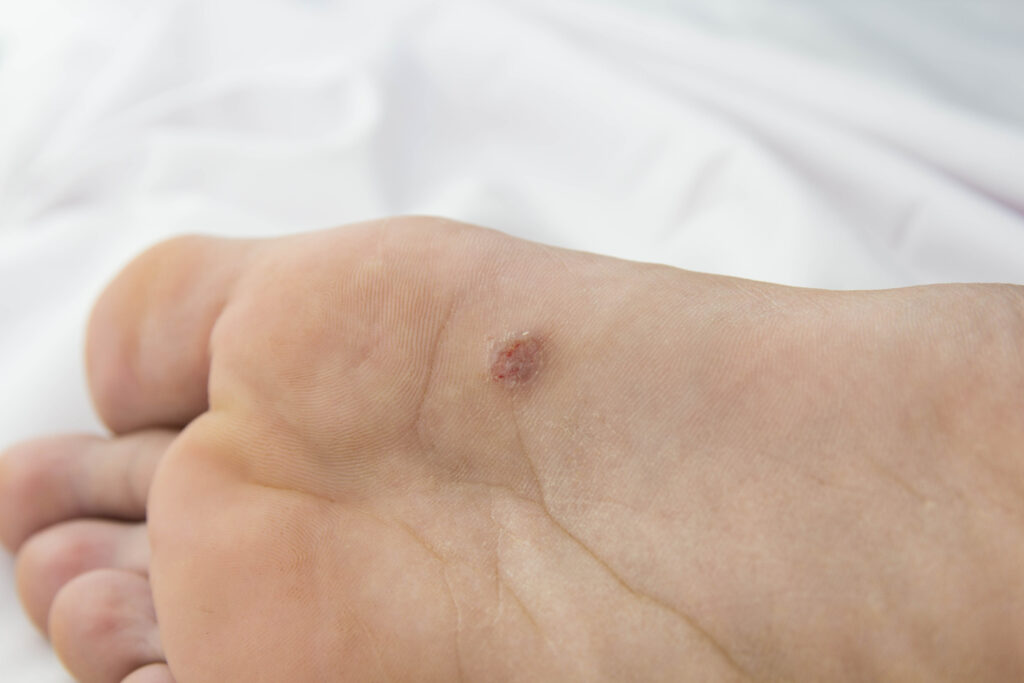
Warts
Warts, caused by the HPV virus, can spread to various parts of the feet and, potentially, to other individuals. Given their contagious nature, it is crucial to be proactive in addressing them. There are diverse treatment options available for warts, ranging from topical solutions to minor surgical procedures. It is advisable to explore these treatment modalities promptly to prevent warts from becoming more resistant or spreading further. Seeking professional advice ensures not only effective management but also minimizes the risk of recurrent outbreaks. Early intervention is key in successfully addressing warts and preserving overall foot health.
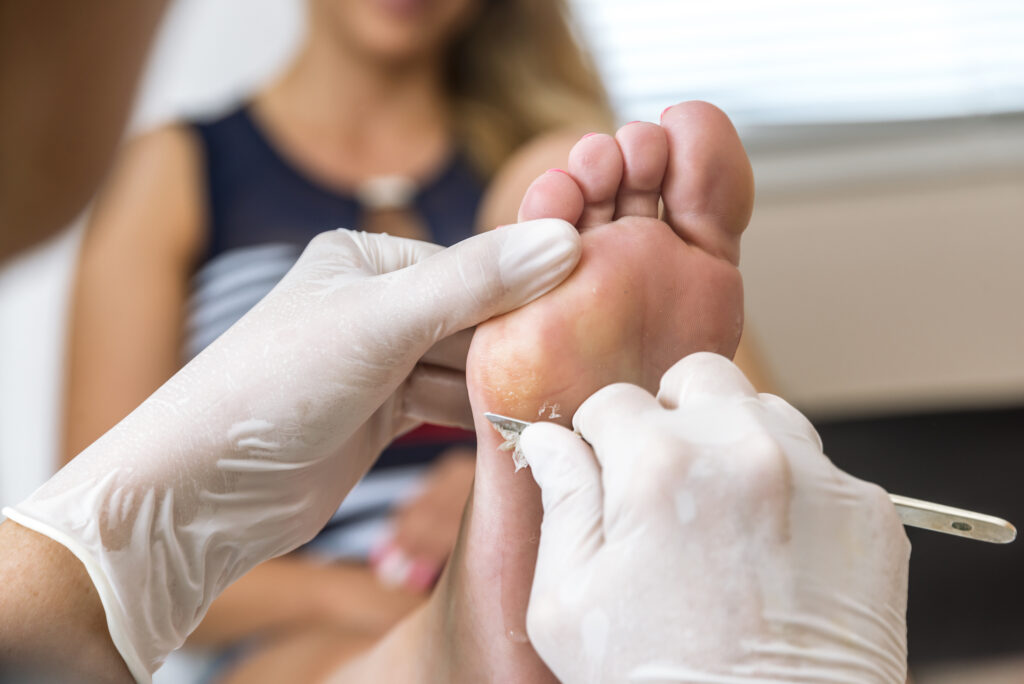
Calluses/Corns
Calluses result from a buildup of hard skin due to pressure points on the feet, while corns are more concentrated areas of hard skin that often lead to extreme pain. Immediate treatment involves the painless removal of the dead skin using a scalpel. Seeking timely intervention is crucial in alleviating discomfort and preventing further complications associated with these common foot conditions.
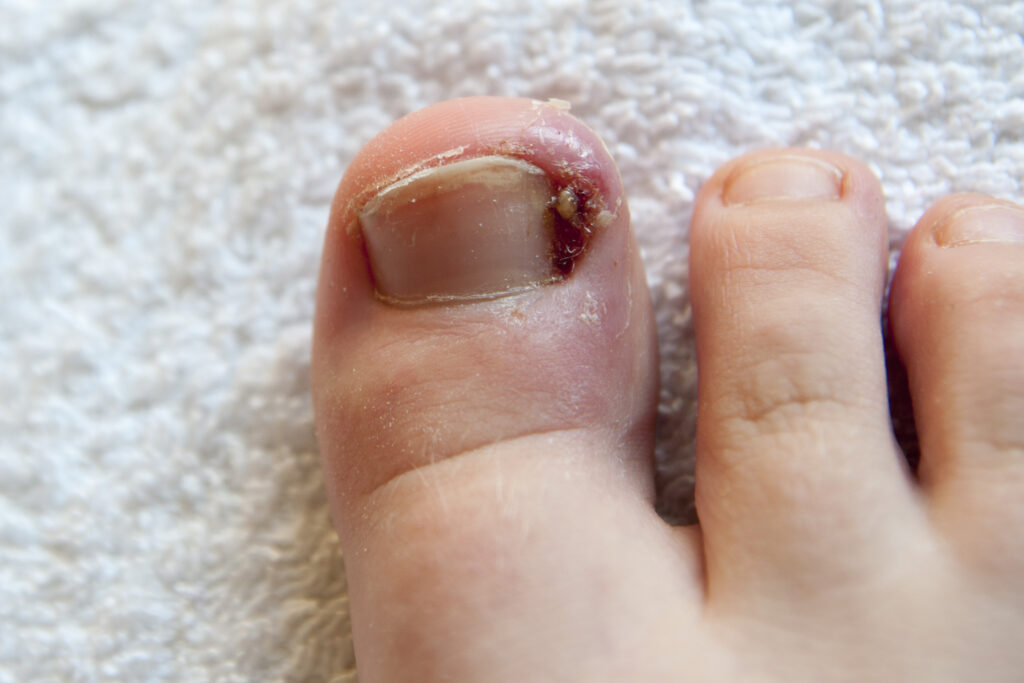
Ingrown Toenails
Ingrown toenails can be caused by a variety of factors, including genetics, tight footwear, improper nail cutting, and trauma. They begin as irritation along the nail border and can progress into extreme pain and infection. It is crucial to seek treatment for ingrown nails at the first sign of discomfort to prevent the condition from worsening. Early intervention not only alleviates immediate discomfort but also helps avoid potential complications associated with untreated ingrown toenails.
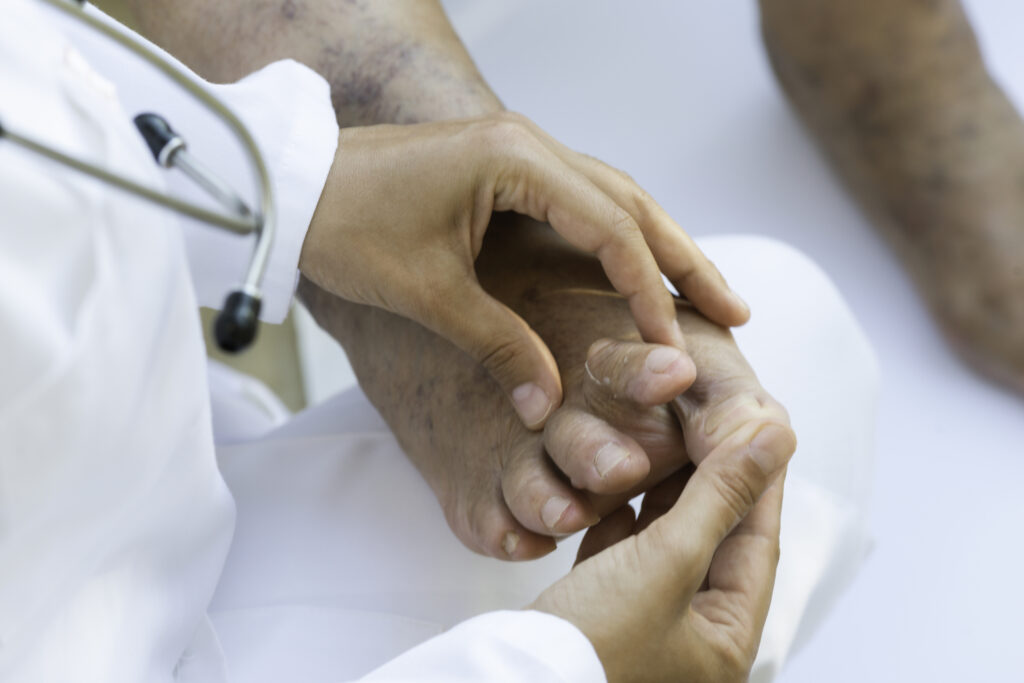
Bunions
Bunions and toe deformities can be caused by a variety of factors, such as the way you walk, genetics, improper footwear, trauma, etc. Conservative treatment is necessary to prevent the worsening of bunions and deformities. If the condition severely impacts your mobility, a surgical consult may be necessary.
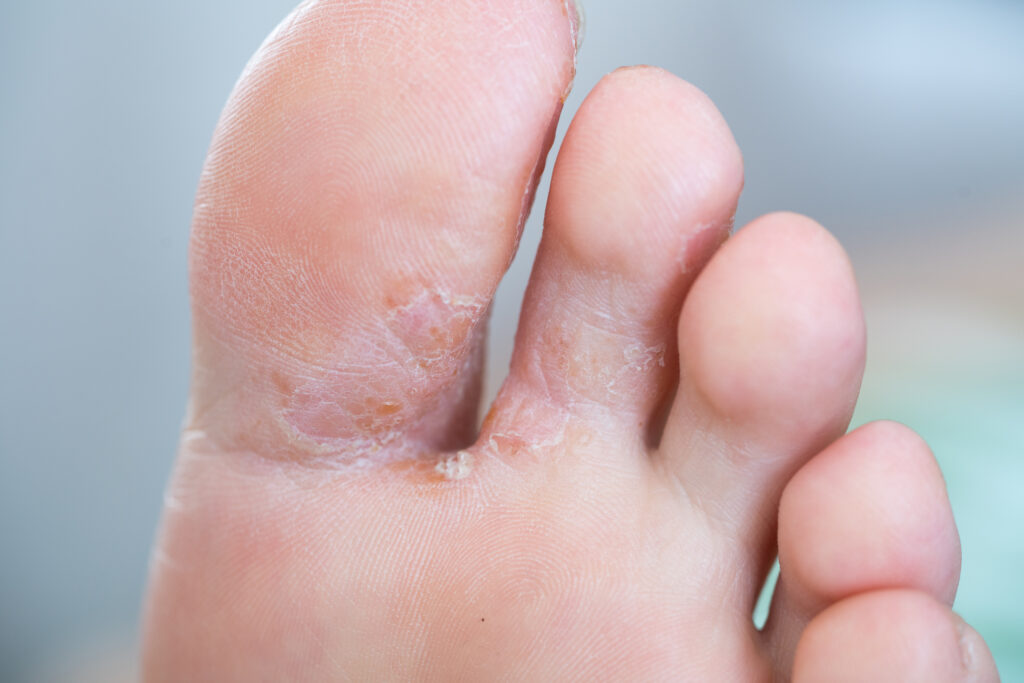
Athlete’s Foot
Athlete’s Foot, also known as tinea pedis, is a fungal infection of the foot, commonly affecting the bottom of the foot and the areas between the toes. Individuals with sweaty feet are more susceptible to contracting a fungal infection. It begins as an itchy rash, and the skin subsequently starts to peel. Seeking timely treatment is essential to address the discomfort and prevent the infection from spreading further. Proper foot hygiene, keeping feet dry, and wearing breathable footwear can help reduce the risk of Athlete’s Foot.
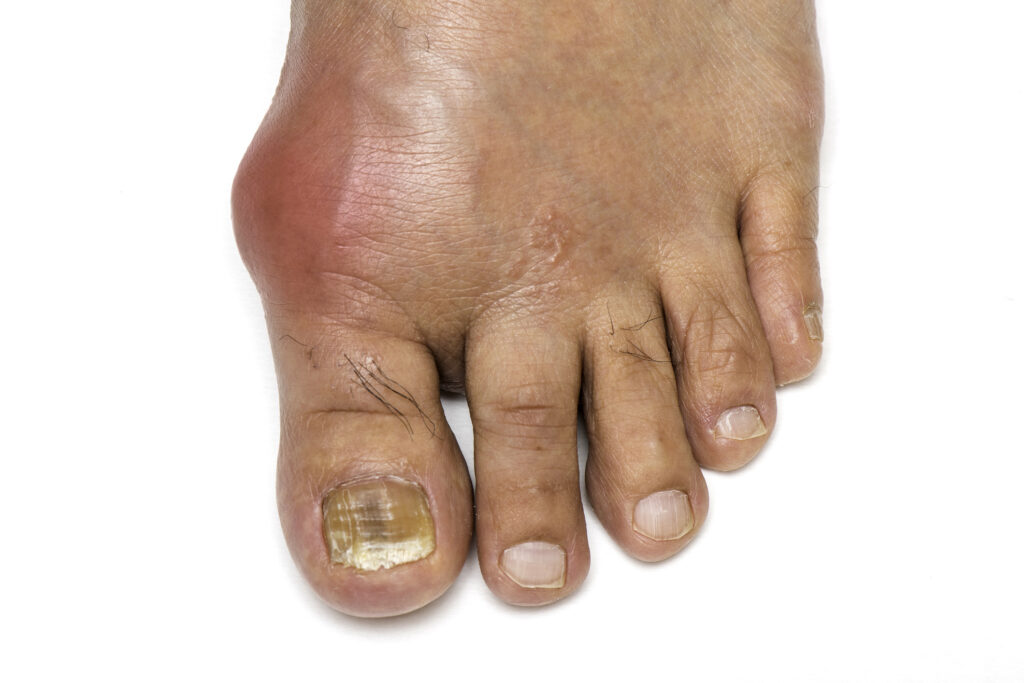
Arthritis
Arthritis is a common condition in the foot, most frequently affecting the big toe joints. It can be caused by an individual’s biomechanics, improper footwear, various arthritic conditions, gout, infection, and trauma. An assessment is necessary to determine the cause of arthritis and, furthermore, the best treatment option.
Take the First Step
Contact us today to experience the difference with our professional foot care services.
